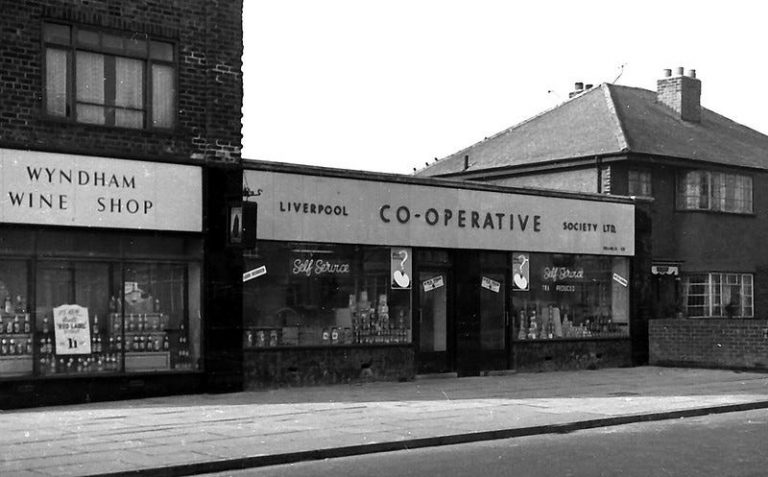Worker-Owned Cooperatives Are Rising In New York
At most workplaces, there is a boss and an employee. The boss calls the shots — how much employees get paid, what drinks get put on the menu, what the exterior and interior design of the workplace will look like and more. If workers get burnt out, they either get fired or quit, with little say on how things get run or how they could change.
What if, instead, the binary between worker and owners was shattered, and workplaces were run collectively by worker-owners?
This was the question that Boyfriend Co-op, a lesbian cafe-bar in Bushwick, Brooklyn, sought to answer when they opened nine months ago, joining a movement of more than 85,000 worker-owner cooperatives around the world.















